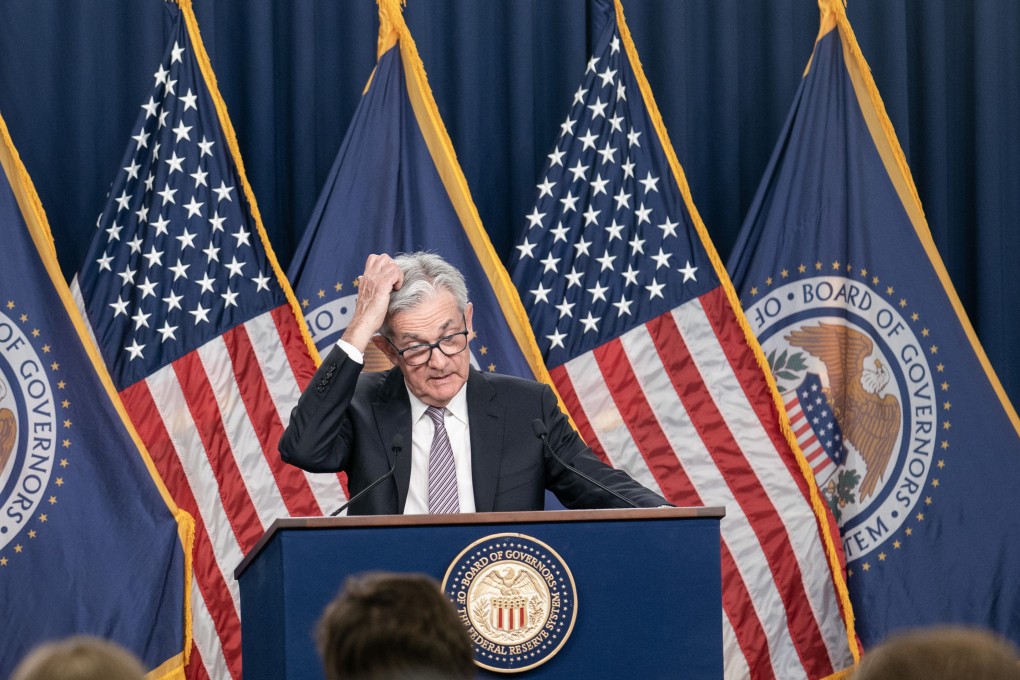Advertisement
Macroscope | Next financial crisis is unlikely to be triggered by US commercial property
- While it is true that losses in real estate markets led to a global crash in 2008, recent concerns about US commercial property may be misplaced
- Other shocks, such as the outcome to the game of chicken over the US debt ceiling and the prospect of Trump as president, could prove more damaging
Reading Time:3 minutes
Why you can trust SCMP
1

In financial markets, barely a day goes by without a warning from another prominent investor that US commercial property is the next shoe to drop.
Advertisement
Last weekend, Charlie Munger, the long-time business partner of Warren Buffett, told the Financial Times: “A lot of real estate isn’t so good any more. We have a lot of troubled office buildings, a lot of troubled shopping centres, a lot of troubled other properties. There’s a lot of agony out there.”
Long before the turmoil in the banking sector erupted, there were mounting concerns about US commercial real estate, particularly office buildings. The Covid-19 pandemic, which kept many office workers at home, sapped demand for office space.
Flexible working patterns, moreover, have outlived the virus. The average occupancy rate among 10 leading US office markets stood at 49.6 per cent in mid-April, data from Kastle shows. According to JLL, the average nationwide vacancy rate hit an all-time high of 20.1 per cent last quarter.
The steep rise in interest rates has put office markets under more strain, reducing the value of properties and increasing landlords’ expenses. Some owners, including Brookfield, have already defaulted on mortgages, encouraging short sellers to ramp up their bets against office landlords.
Advertisement
Yet, it is the banking turmoil that has caused sentiment towards the sector to deteriorate dramatically. Failures among the nation’s regional lenders – the latest victim, California’s First Republic, was shuttered by regulators and taken over by JPMorgan on Monday – have focused attention on smaller banks’ outsize exposure to commercial real estate.

Advertisement
